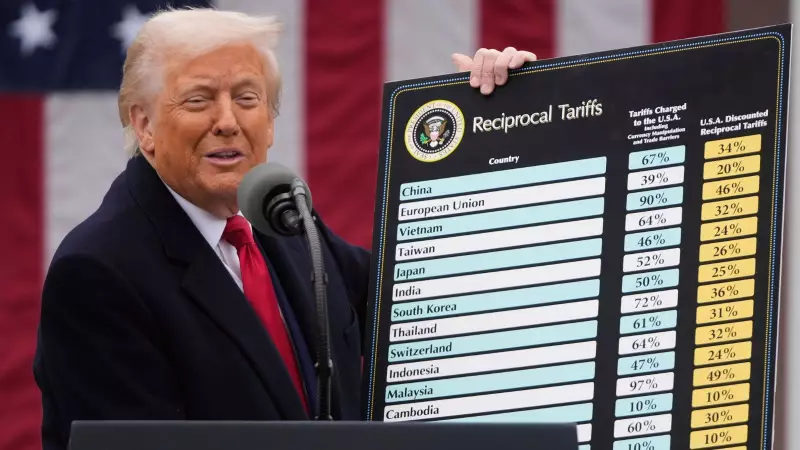
The United States and Switzerland are in the final stages of negotiating an agreement that would resolve long-standing tariffs on steel and aluminum imposed during the Trump administration. This breakthrough comes after months of diplomatic discussions aimed at normalizing trade relations between the two countries.
Background of the Tariff Dispute
The trade tensions began in March 2018 when former President Donald Trump imposed significant tariffs on steel and aluminum imports from numerous countries, including Switzerland. Using Section 232 of the Trade Expansion Act of 1962, the Trump administration justified these measures by citing national security concerns. The tariffs were set at 25% on steel and 10% on aluminum, affecting billions of dollars in global trade.
Switzerland, while not a massive exporter of these metals to the United States, strongly opposed the tariffs and has been seeking their removal ever since. The Swiss government argued that as a close ally with shared democratic values, it posed no national security threat to America.
Current Negotiation Status
According to sources familiar with the discussions, the potential agreement would involve Switzerland accepting tariff-rate quotas (TRQs). This system would allow specified quantities of Swiss steel and aluminum to enter the United States duty-free, while imports beyond those thresholds would still face the Trump-era tariffs.
The negotiations have gained momentum in recent weeks, with both sides expressing optimism about reaching a final agreement soon. This development follows similar deals the United States has struck with other allies, including the European Union and Japan, which also faced the same tariffs.
Economic Implications and Next Steps
The resolution of this trade dispute holds significant economic importance for both nations. For Swiss exporters, removing these tariffs would restore their competitive position in the American market. For the United States, it represents another step toward repairing trade relationships with traditional allies that were strained during the previous administration.
Industry representatives from both countries have welcomed the progress in negotiations. The agreement is expected to provide much-needed stability and predictability for businesses engaged in transatlantic trade.
While the exact timeline for finalizing the agreement remains uncertain, officials from both nations are working diligently to resolve remaining technical details. The successful conclusion of these talks would mark an important milestone in US-Swiss economic relations and demonstrate the current administration's commitment to addressing trade concerns through diplomacy rather than unilateral measures.





